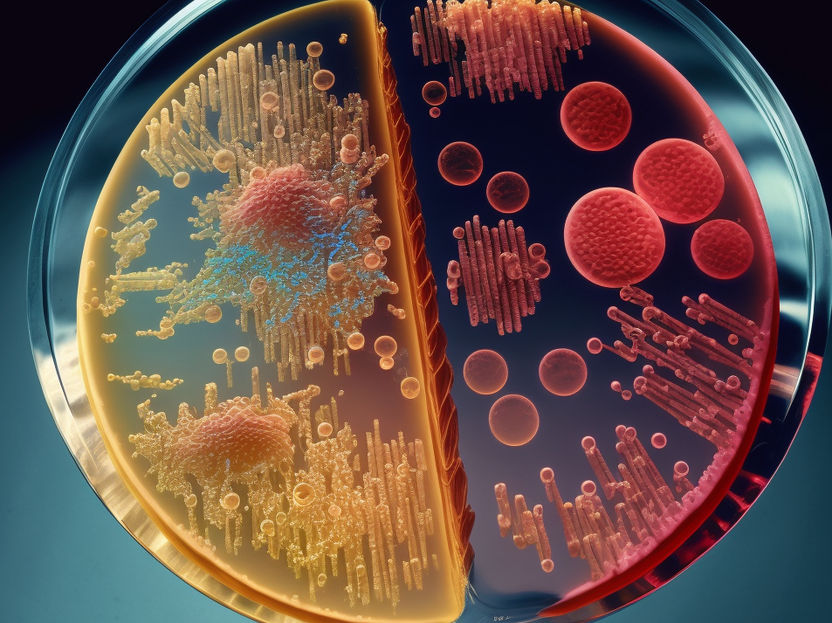Q Chip successfully reports preclinical studies with therapeutic cancer peptides
Q Chip Ltd announced it has successfully completed preclinical studies with formulations of two leading therapeutic cancer peptides. The peptides, Q-Leuprolide and Q-Octreotide for prostate cancer and acromegaly respectively, were formulated using Q Chip’s innovative drug delivery platform, Q-SpheraTM.
The Q-SpheraTM platform enables the development of long acting injectable therapeutics with tailored release profiles and improved administration. It offers the potential for pharmaceutical companies to extend product life cycles and find the best ways to deliver novel complex biotherapeutics.
The preclinical results demonstrated sustained release of Q-Leuprolide over both one and three months, and Q-Octreotide over one month. Q Chip plans to advance its one month Q-Leuprolide formulation into clinical studies towards the end of this year.
Results from the study showed that Q Chip’s platforms permit high levels of drug loading at high encapsulation efficiency in monodisperse microspheres, with controllable burst release after injection and near zero order release kinetics over the test period. Excellent correlations between in vitro and in vivo release profiles were observed.
Q Chip’s Executive Chairman Ken Powell said “These studies demonstrate the potential we have for improving the way therapeutic peptides and proteins are encapsulated for delivery in sustained release formulations. We have successfully engineered out of the microsphere manufacturing process the use of harsh solvents, high temperature and shearing forces. We are solving formulation problems at exactly the time that the pharmaceutical industry is moving towards the development of complex biotherapies and is looking to create biosimilars and biobetters. These drugs often have short half lives after injection and require benign methods of encapsulation such as ours if they are to be delivered successfully in sustained release formats.”
Most read news
Other news from the department research and development

Get the life science industry in your inbox
By submitting this form you agree that LUMITOS AG will send you the newsletter(s) selected above by email. Your data will not be passed on to third parties. Your data will be stored and processed in accordance with our data protection regulations. LUMITOS may contact you by email for the purpose of advertising or market and opinion surveys. You can revoke your consent at any time without giving reasons to LUMITOS AG, Ernst-Augustin-Str. 2, 12489 Berlin, Germany or by e-mail at revoke@lumitos.com with effect for the future. In addition, each email contains a link to unsubscribe from the corresponding newsletter.
More news from our other portals
Last viewed contents
Slim and potent - with side effects - Food supplements for weight loss or enhancing sexual performance can contain illegal active ingredients
EGene Inc. Announces Its Strategic Full-Service Distribution Alliance with AH Diagnostics of Denmark
Global Bioenergies announces break-through in direct biological production of butadiene
DSM receives grant of US Department of Energy for biotechnology research
Norwood_(charity)

Schizophrenia manifests itself in the brain structure - The symptoms of schizophrenia vary greatly from person to person

ImageBiopsy Lab - Wien, Austria
Eppendorf grows faster than the market
La Jolla Institute finds previous seasonal flu infections may provide some level of H1N1 immunity

Sequential antibiotic therapy in the laboratory and in patients - Rapid switching between different antibiotics could prevent the evolution of resistance and lead to successful treatment of patients

























































